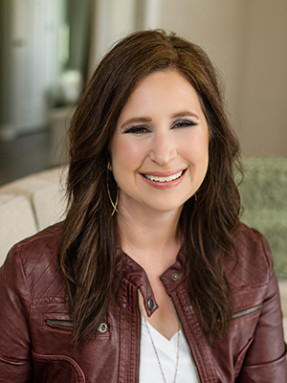More studies are showing the power of green on boosting sales prices. In the most recent study, University of California researchers found that green-certified, single-family homes sold for $34,800 more -- or 9 percent more -- than comparable non-green certified homes.
Researchers analyzed 1.6 million home sales from 2007 to 2012 to determine if “green” really helped homes net more at times of resale.
The researchers called the findings the “Prius effect,” since the California cities that had the highest sales prices of green homes also were in places that had the highest sales of electric vehicles.
"We observed a phenomenon we've termed the 'Prius effect' — a positive correlation between the value of green home labels and environmental ideology, as measured by the rate of hybrid registrations," co-author Nils Kok, visiting professor at the University of California, Berkeley, told USA Today. Such residents may view green homes as “a point of pride or status symbol,” Kok added.
Previous studies that focused on home sales in Seattle and Portland, Ore., also found that “green” homes sell for higher dollar--as well as stay on the market a fewer number of days.
For example, in Seattle, researchers found that certified green homes sold for 22 percent more per square foot and spent 12 percent less time on the market. The study analyzed sales data from September 2007 to February 2010.
In Portland, “green” certified pre-owned homes sold for 23 percent more than non-green homes, according to the Earth Advantage Institute, which analyzed home sales from 2009 to 2010.
Countering these studies, however, a recent study by Lifestory Research has found a high interest in “green” among home buyers and home owners, but a reluctance to spend extra money on green features.
Some industry insiders say the “Prius Effect” and eco-conscious movement may not sway everyone to “green” their homes or buy “green.” However, the potential cost savings on utility bills might be a more powerful motivator.
"It costs the same to buy a zero-energy house as it does to buy a standard house on a monthly basis," Gene Meyers of New Town Homes in Denver told The Herald-Tribune. "That is, principal and interest on the mortgage, taxes and insurance, plus a much lower monthly water and power bill. You will pay more up-front, say $30,000, and deduct the mortgage interest on that amount. Or pay more to the electric company, and you cannot deduct it."
In any case, make sure those green features count in your listings. In the fall of 2011, the Appraisal Institute introduced a new form, an optional addendum to Fannie Mae Form 1004--the most widely used form for mortgage purposes. The forms are to help appraisers better take into account energy efficient and “green” features when valuing homes. (Read more)

















